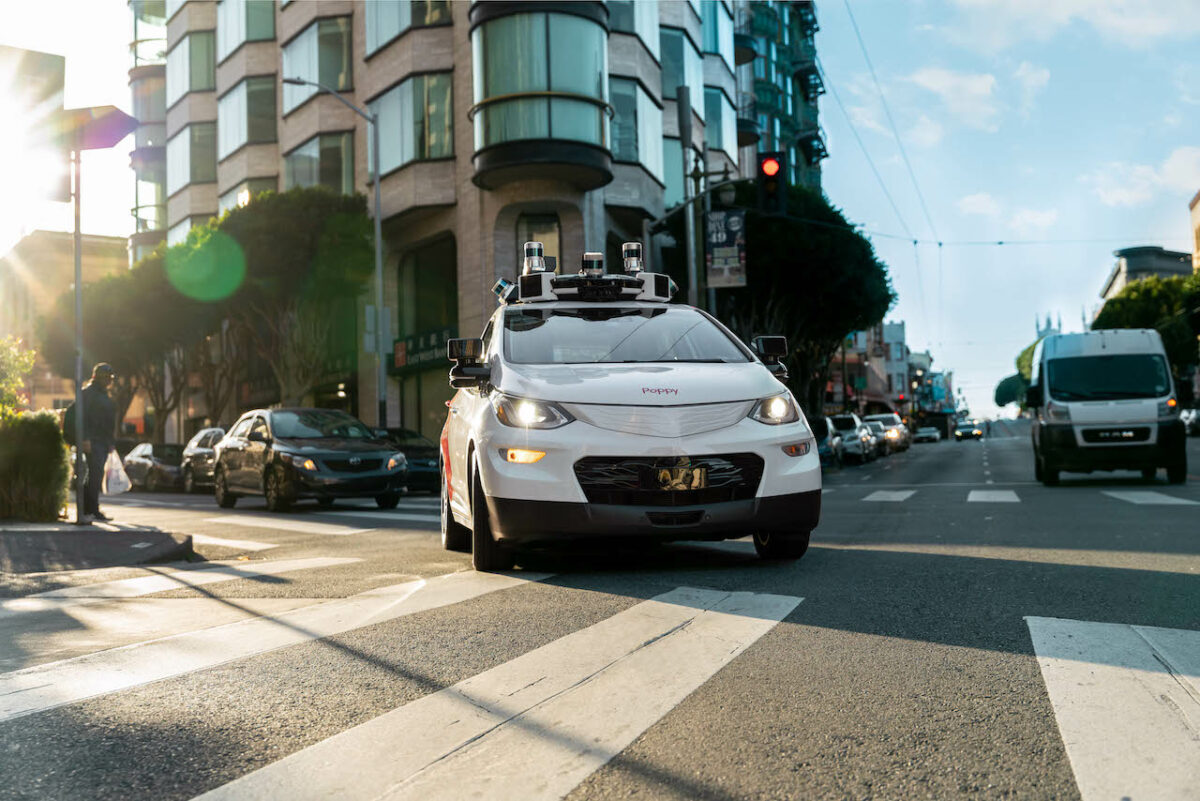A way to extend the range of an electric vehicle (EV) by up to 20%, without any technical alteration to the vehicle? It sounds too good to be true, yet it can be done, and simply, through Smarter Driving. A short training session can help EV drivers to increase the distance they get out of a single charge; and OEMs are now showing interest, as they realise that happy drivers enjoying maximum range are the best form of EV advertising.
Between February and the end of May this year, the UK’s Energy Saving Trust trained 67 drivers in Smarter Driving techniques under its ecodriving programme. On average, energy consumption was reduced by 16%, which translates to an increase in range of 20%. It is difficult to see how this can be achieved any other way without a high cost to the manufacturer. This demonstrates that some people are driving their EVs inefficiently, which means they are unlikely to achieve the promised range. Clearly, they will not blame themselves if they achieve far less than their vehicle’s stated range!
A short training session can help EV drivers to increase the distance they get out of a single charge; and OEMs are now showing interest, as they realise that happy drivers enjoying maximum range are the best form of EV advertising.
The Smarter Driving training was funded by the UK’s Department for Transport (DfT), and offered free of charge to recipients of the Plug-in Car Grant, a subsidy available to buyers of EVs in England. The training was developed using the EST’s experience gained in the training of over 25,000 drivers in gasoline and diesel cars in Smarter Driving, and was also informed by research on EV drive cycles by Cenex and Millbrook.
The training lasted two hours per driver and took place mainly behind-the-wheel. The most important technique – greater anticipation of the road ahead to avoid unnecessary acceleration and braking – was imported from the EST’s main gasoline and diesel Smarter Driving programme, but was tailored for EVs to help drivers make the most of regenerative braking. There were also other differences. For example, it is widely accepted that ancillary loads such as air conditioning increase fuel consumption, but with an EV these have a proportionally greater effect. And of course with an internal combustion engine, there is a ready supply of surplus heat from the engine; using the heater in an EV will significantly increase energy consumption and therefore decrease range.
Wider availability of Smarter Driving training would not only benefit EV customers by increasing their range by 20%, but would also help manufacturers avoid negative publicity and ultimately sell more vehicles.
Feedback from the training has been overwhelmingly positive. Drivers were impressed with the training; many of them said that it improved their confidence, and all of those surveyed said that they would recommend the training to others.
Smarter Driving offers a valuable opportunity to maximise the range of electric vehicles. DfT funded the proof of concept, and its conclusion is that this is such an effective way to increase EV range and ensure customer satisfaction that the market should bear the cost of future training. Wider availability of Smarter Driving training would not only benefit EV customers by increasing their range by 20%, but would also help manufacturers avoid negative publicity and ultimately sell more vehicles. The EST is currently encouraging vehicle manufacturers to make training available to customers. The EST’s experience suggests that the most effective way to ensure customers get the most from their vehicles is to ensure that all EV buyers are offered training as part of their EV purchase experience. This also offers the manufacturer a great opportunity to ensure an on-going dialogue with their customer at a time when early adopters’ experience of electric vehicles really will determine the success of wider market penetration.
The opinions expressed here are those of the author and do not necessarily reflect the positions of Automotive World Ltd.
Caroline Watson is Transport Strategy Manager at the Energy Saving Trust.
Bob Saynor is Programme Manager, Smarter Driving Training, at the Energy Saving Trust.
Caroline Watson and Bob Saynor recently presented a webinar on AutomotiveWorld.com entitled ‘Smarter driving in EVs’. Click here for more details.
The Energy Saving Trust (http://www.energysavingtrust.org.uk/) is a not-for-profit company providing independent and impartial advice and working with business, government and others to save energy and money.
The Energy Saving Trust has produced three short films on living, driving and buying an electric car, starring actor and presenter Robert Llewellyn. The films offer an independent and informative view on EVs and what they are like in the real world. You can see them here.
The AutomotiveWorld.com Expert Opinion column is open to automotive industry decision makers and influencers. If you would like to contribute an Expert Opinion piece, please contact editorial@automotiveworld.com



